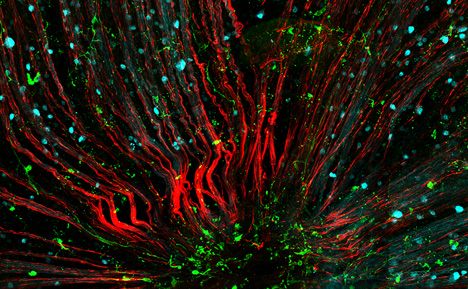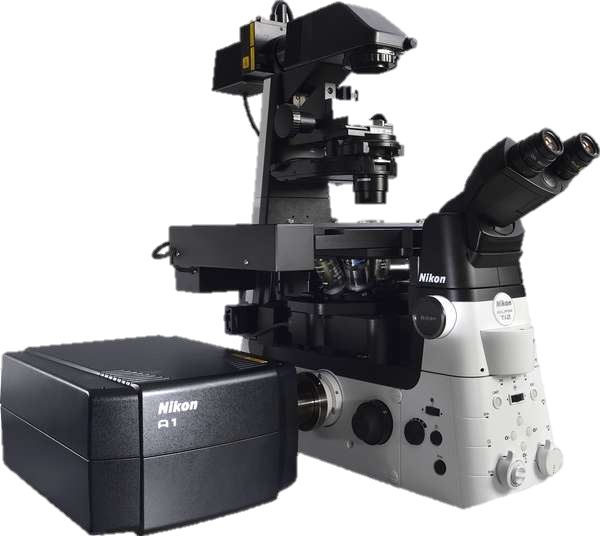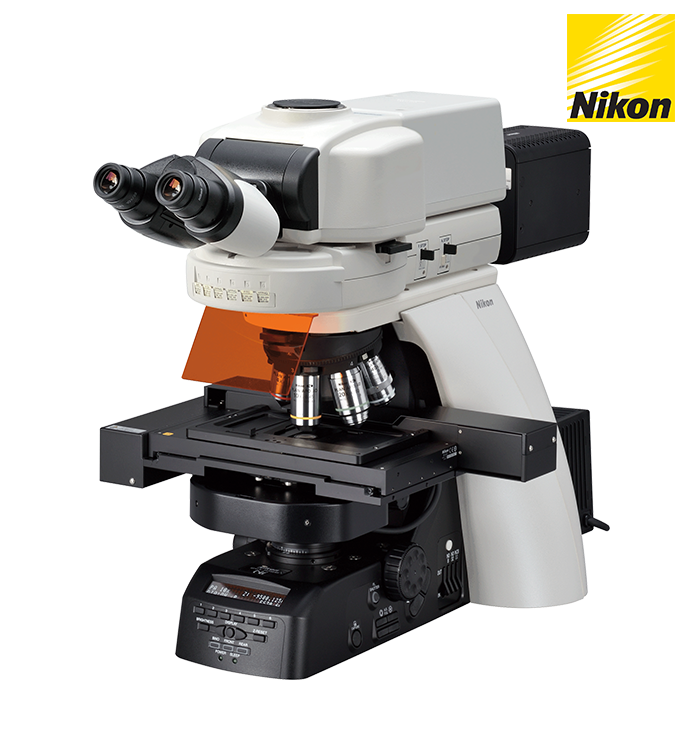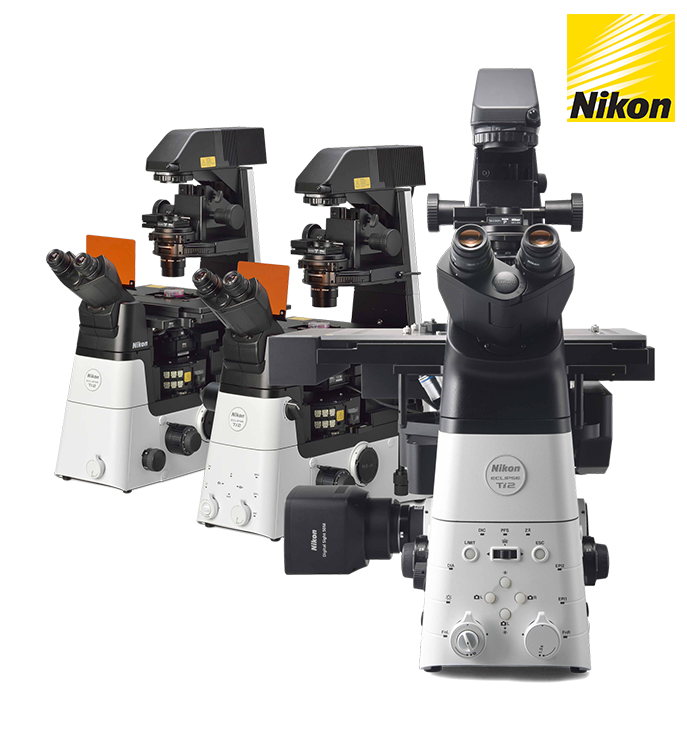Immunology
Immunology covers the examination of cells, tissues and organs of the immune system as well as the study of failures in immune function. Important areas of study include autoimmune disease, hypersensitivity reactions, immunodeficiency, immunotherapy and the role of the immune system in transplant medicine. Immunology also provides the medical community and life scientists with powerful immunochemical bio-recognition tools for application in other fields of medicine and research.
Important organs of the immune system include the thymus, spleen, bone marrow, lymph vessels and lymph nodes. Many of the functions of the immune system are, however, carried out by cells circulating through the body in blood and lymph or residing in particular tissues.
The immune response depends on the cell's ability to recognise substances that are 'foreign' rather than 'self'. The basis for this recognition is the expression of specific molecules (particularly proteins and polysaccharides) on the surface of cells. When these surface molecules are recognised as foreign (antigen) they provoke an immune response. This response may take two forms: the innate or cell-mediated immune response or the adaptive or humoral response.
The innate immune system is a non-specific response mounted by white blood cells (phagocytes, in particular), which engulf and destroy invading particles such as bacteria, parasites, and foreign bodies. The adaptive immune response, mounted by other white blood cells called B-lymphocytes, is also dependent on the recognition of antigens but in this case, exposure to a specific antigen results in a 'memory; of that antigen. If the body is exposed to that antigen again, lymphocytes recognising the antigen rapidly multiply and produce antibodies, which bind antigens causing them to agglutinate and precipitate for phagocytosis. White blood cells may be observed using standard brightfield, darkfield, phase contrast, and DIC techniques in light microscopy and may be distinguished using histochemical and immunohistochemical staining of blood smears.
The exquisite specificity of an antibody for its antigen is the foundation of many immuno-techniques designed to identify cells, cell structure and / or molecules and forms the basis of diagnostic tests for specific diseases and microbes. Antibodies specific for an antigen of interest may be conjugated with a radiolabel, fluorescent label or colour-forming enzyme to aid detection and imaging. Antigen specificity is also used to aid disease therapy, especially in cancer, and is able to target cytotoxic drugs and or radiotherapy to specific cells and tissues.
Key clinical microscopy techniques include brightfield, darkfield, phase contrast, DIC, fluorescence, histochemistry, immunocytochemistry, immunohistochemistry, digital imaging, digital slide and telepathology.

스펙



